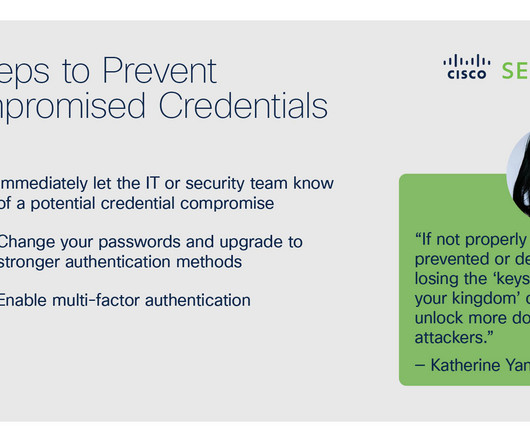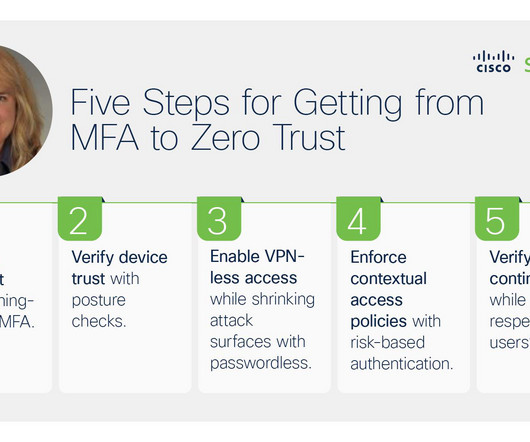Remote Working One Year On: What the Future Holds for Cybersecurity
Security Boulevard
MARCH 19, 2021
In late 2020, HelpSystems research with CISOs of global financial organizations revealed that 45% of respondents reported an increase in cyber-attacks since the pandemic first emerged. Social engineering lures are a good example. This certainly applies to the volume of threats facing cybersecurity teams. Increased File Sharing.












Let's personalize your content